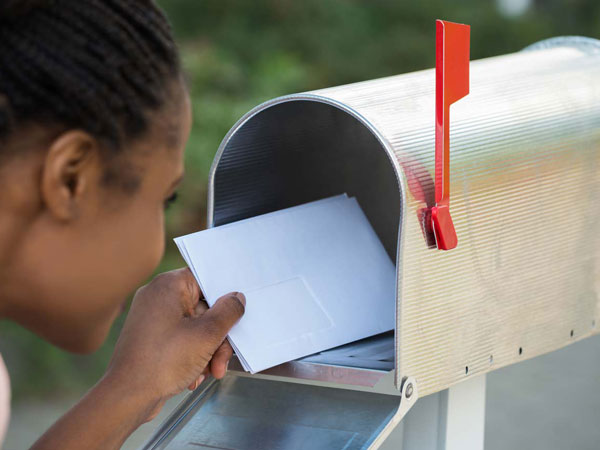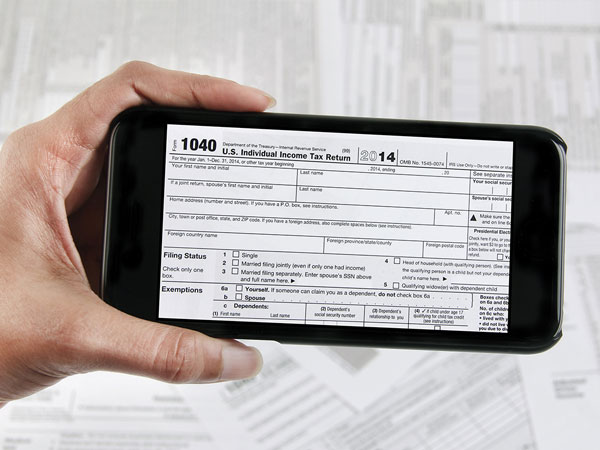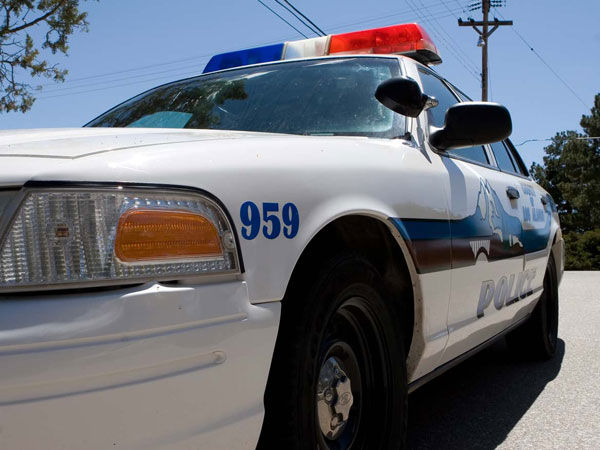11 Ways to Tell If Your Identity Has Been Stolen
You can minimize the damage from identity theft if you catch it early. Here's how to tell if your identity has been stolen.

11 Ways to Tell If Your Identity Has Been Stolen
More than 26 million U.S. residents had their identities stolen in 2016, according to the federal government's Bureau of Justice Statistics. But types of identity theft vary greatly, and so does the potential impact on the victim.
Roughly 13 million people in 2016 had their credit card numbers stolen, a crime that rarely results in a financial loss to the victim. About 8.1 million people experienced bank-account fraud — forged checks, phony ATM withdrawals or fraudulent debit-card charges — crimes in which the victim often has only two business days to report to avoid liability.
Another 13 million people suffered more serious kinds of identity theft in 2016. Their names were used to open new financial accounts, get fake IDs, steal tax refunds or government benefits, and even avoid arrest on criminal charges. (Many individuals reported more than one kind of identity theft.)
Victims of serious identity theft often pay for it. About 1.5 million people suffered losses of $100 or more in 2016, and about 450,000 lost more than $1,000. Others may have had loans or leases denied due to bad credit. A few may have ended up with warrants for crimes they didn't commit.
In all cases of identity theft, it's best to find out about it early. The damage will be minimized, and there will be a greater chance the miscreants will be caught. Here are 11 ways to tell if someone's stolen your identity.

A retailer declines your credit card
It's always embarrassing when the cashier tells you that your credit card has been declined. But it might not be your fault. Call the customer-service number on the back of the card and ask why the card was declined. It could be that fraudulent charges have maxed out your credit limit or placed an alert on the card.

You see weird activity in your bank account
Check your bank balances every week or so. If you see withdrawals, cashed checks or debit-card purchases you don't recognize, someone might be forging checks in your name, or might have cloned your debit card. If so, contact the bank immediately: Debit-card holders have only two business days to do so, or they may be liable for some of the fraudulent charges.

Past-due notices arrive in the mail
You didn't stay at that hotel in the Bahamas, and you didn't have the power turned on at that vacation cabin you don't own. So why are you getting threatening letters over lack of payment for strange items or services? Because someone is out there impersonating you. Call the bill collectors to see what's going on, then file an identity-fraud report with your local police precinct.

Strange items appear on your credit report
At AnnualCreditReport.com, you can get a free credit report every four months from one of the three major credit-reporting agencies. Look for unfamiliar accounts. If anything's amiss, contact one of the three agencies — Equifax (1-888-766-0008), Experian (1-888-397-3742) and TransUnion (1-800-680-7289) — right away and ask to put a credit alert on your file. The alert will last for one year and will affect all three agencies.
Then, contact the company with which you have the false account and inform them of the situation, documenting as much as you can in writing. You may also have to file a police report — it's often the first step in restoring your identity.

Your yearly income doesn't match IRS records
If the IRS says you made a lot more money than you reported on your tax return, someone may be illegally using your Social Security number so that they can work. Reply to the IRS in writing, fill out and submit an IRS Identity Theft Affidavit and get ready to submit to an audit.

Statements arrive for credit cards you don't have
If you have good credit, you'll get a lot of credit-card applications in the mail. But someone else could fill out an application to get a new card in your name, then steal it from your mailbox when it arrives. Call the card issuer, then file a police report.

A credit card you didn't apply for arrives in the mail
Sometimes the thieves don't steal the newly issued card out of your mailbox in time. Call the card issuer, make sure there are no charges on the card, cancel the card and keep an eye out for shifty neighbors.

Your credit-card statement stops coming
If you still get card statements in the mail, and one is late, call the issuer and check the mailing address on the card. A thief may have cloned the card and changed the billing address, or someone may have stolen a card out of your mail before you had a chance to sign and activate it. In either case, you'll still be the one paying the bill unless you find out quickly.

The IRS tells you you've already filed a tax return
If you file your tax return, but the IRS says you've already filed one, you may be the victim of tax-refund identity theft. Someone may have filed a tax return in your name, using your Social Security number, and collected your tax refund. If that's what it looks like, notify the IRS right away in writing, fill out and submit an IRS Identity Theft Affidavit, and file a report with your nearest police station. It may take months of paperwork to get your tax refund.
MORE: Why It May Take Longer to Get Your Tax Refund This Year

Your application for credit or service is denied
If you believe you have good credit, but unexpectedly find yourself turned down for a loan, a credit card or a lease, someone may have impersonated you and ruined your credit report. If so, put an alert on your credit report, file a complaint with the Federal Trade Commission at www.identitytheft.gov, and file a police report. If you have evidence your Social Security number was used, file an IRS Identity Theft Affidavit as well. It will take months or years to repair your credit, so you'd better get started.

Police come looking for you
In perhaps the worst form of identity theft, crooks use your name when passing bad checks or committing other crimes. You may have a hard time explaining that to the police, but be patient and show ID. If you don't match the description of the person they're looking for, you may be OK. Otherwise, keep quiet and get a lawyer.

Paul Wagenseil is a senior editor at Tom's Guide focused on security and privacy. He has also been a dishwasher, fry cook, long-haul driver, code monkey and video editor. He's been rooting around in the information-security space for more than 15 years at FoxNews.com, SecurityNewsDaily, TechNewsDaily and Tom's Guide, has presented talks at the ShmooCon, DerbyCon and BSides Las Vegas hacker conferences, shown up in random TV news spots and even moderated a panel discussion at the CEDIA home-technology conference. You can follow his rants on Twitter at @snd_wagenseil.
